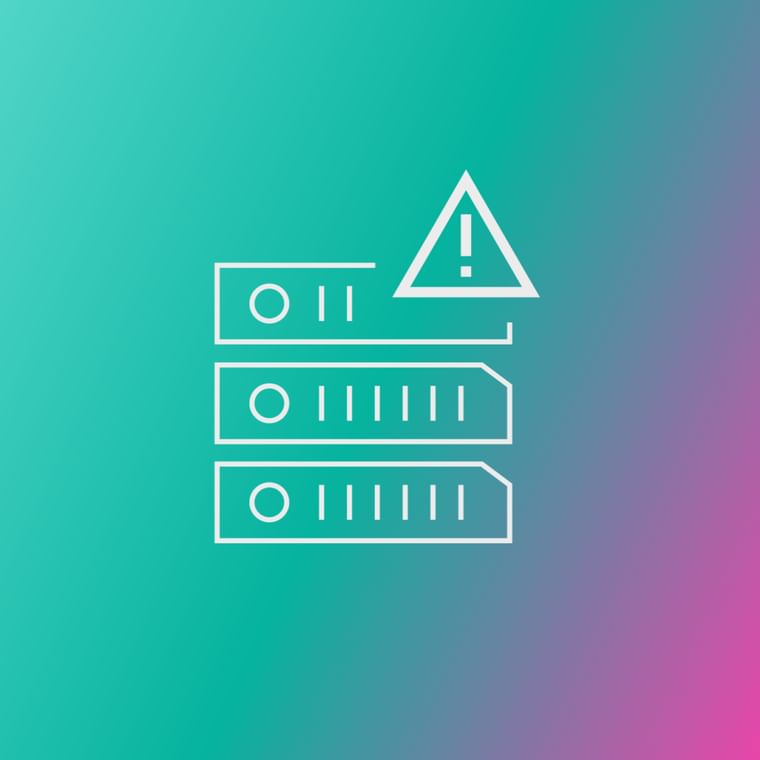ISC2 certifications provide vendor-neutral validation of broad security competencies rather than product-specific knowledge. The organization's ISO/IEC Standard 17024 compliance ensures globally recognized credentials that transfer across organizations and technologies. Combined with experience requirements and mandatory continuing education, ISC2 certifications demonstrate sustained professional commitment beyond single-vendor expertise.
ISC2
ISC² (International Information System Security Certification Consortium) is the world's largest nonprofit cybersecurity certification organization, providing globally recognized credentials that validate security expertise and drive professional development for its members.
What Is ISC2?
The International Information System Security Certification Consortium (ISC2) is the premier global authority for cybersecurity certification and professional development. This nonprofit organization maintains the world's largest membership body of certified cybersecurity professionals.
The organization's certifications meet ISO/IEC Standard 17024 requirements, establishing global benchmarks for assessing and certifying security personnel that organizations rely on to validate expertise and ensure compliance readiness.
Through its Common Body of Knowledge (CBK), ISC2 provides a comprehensive framework covering essential security topics across multiple domains. Security leaders leverage this standardized knowledge base to build resilient teams with consistent expertise levels who speak a common security language across global operations.
How ISC2 Works
ISC2 operates through a structured certification ecosystem that validates professional competencies at every stage of a career.
Here's how ISC2 functions:
Certification Pathways: ISC2 offers nine distinct certifications, ranging from entry-level credentials that require no prior experience to advanced specializations that demand extensive expertise and existing certifications.
Experience Validation: Most certifications require verified work experience in addition to exam success, ensuring certified professionals possess both theoretical knowledge and practical skills.
Continuous Learning: Mandatory continuing professional education (CPE) requirements range from 45 to 120 credits over three-year cycles, maintaining currency as threats evolve.
These mechanisms ensure ISC2-certified professionals bring validated expertise, regulatory knowledge, and commitment to professional development that strengthen organizational security programs.
Common Types of ISC2 Certifications
Understanding different ISC2 certifications helps organizations identify the right expertise for specific security needs. Let's explore the most valuable credentials.
Executive-Level Certifications
Executive certifications validate strategic leadership capabilities in security. It includes the following:
CISSP (Certified Information Systems Security Professional): The gold standard for security leadership, requiring five years of experience across eight domains.
CCSP (Certified Cloud Security Professional): Validates cloud security expertise across major platforms. It requires five years of IT experience, including one year specifically in cloud security.
ISSMP (Information Systems Security Management Professional): An advanced management concentration requiring a CISSP and two additional years of experience, designed for security program leaders.
Operational Certifications
Operational credentials validate hands-on security implementation skills. It includes the following:
SSCP (Systems Security Certified Practitioner): Bridges entry-level and senior positions with one year of required experience, validating operational skills across seven domains for SOC and incident response roles.
CSSLP (Certified Secure Software Lifecycle Professional): Addresses application security throughout development lifecycles, requiring four years of experience in secure software development.
CGRC (Certified in Governance, Risk and Compliance): Validates regulatory framework expertise with two years of required experience, essential for compliance management roles.
Entry-Level Certifications
Entry credentials create accessible pathways into cybersecurity and include:
CC (Certified in Cybersecurity): Launched in 2022 with no experience requirements, providing foundational knowledge for IT professionals transitioning to security roles.
Associate of ISC2: Allows candidates to pass certification exams before meeting experience requirements, then accumulate necessary experience within six years.
How ISC2 Certifications Strengthen Security Programs
ISC2 certifications deliver measurable organizational benefits beyond individual career advancement. The key program improvements include:
Enhanced Team Performance: Certified professionals demonstrate improved work quality and increased engagement, reducing costly turnover in security organizations.
Compliance Alignment: The CISSP explicitly covers NIST frameworks, ISO standards, COBIT for SOX support, and GDPR requirements, thereby simplifying regulatory compliance across various jurisdictions.
Standardized Expertise: The CBK framework ensures consistent knowledge levels across global teams, enabling effective collaboration and knowledge transfer.
Talent Development: Clear certification pathways, from entry-level to executive positions, create a structured career progression that attracts and retains security talent.
Risk Reduction: Validated expertise in threat detection, incident response, and security architecture directly translates to improved security posture and reduced breach risks.
Detecting the Need for ISC2 Certification
Organizations should evaluate certification requirements when specific indicators emerge. The warning signs indicating certification gaps include unexplained security incidents despite significant technology investments, difficulty in meeting compliance audit requirements, high security team turnover rates, inconsistent security practices across departments, an inability to attract qualified candidates, knowledge gaps in emerging technologies, ineffective incident response procedures, and a lack of strategic security leadership.
Technical indicators suggesting certification needs include failed compliance audits requiring validated expertise, security tools underutilization from knowledge gaps, inconsistent policy implementation across teams, inability to address cloud security challenges, and gaps in application security practices.
The Business Impact of ISC2 Certification
ISC2 certification programs generate substantial returns through improved security outcomes and operational efficiency. Financial benefits include reduced breach costs through validated expertise, decreased recruitment expenses with improved retention, faster compliance audits with certified professionals, and higher billing rates for certified consultants.
The operational improvements encompass standardized security practices across global teams, accelerated incident response with trained professionals, improved vendor management through expertise validation, and enhanced security tool utilization.
Strategic advantages include strengthened security culture through professional development, improved regulatory compliance across frameworks, enhanced reputation with certified expertise, and competitive differentiation in security-conscious markets.
To discover how Abnormal complements your certified security team with advanced threat protection, book a demo.
Frequently Asked Questions (FAQs)
Get the Latest Email Security Insights
Subscribe to our newsletter to receive updates on the latest attacks and new trends in the email threat landscape.



